Roots & Shoots International Education Programme
Roots & Shoots educates compassionate leaders
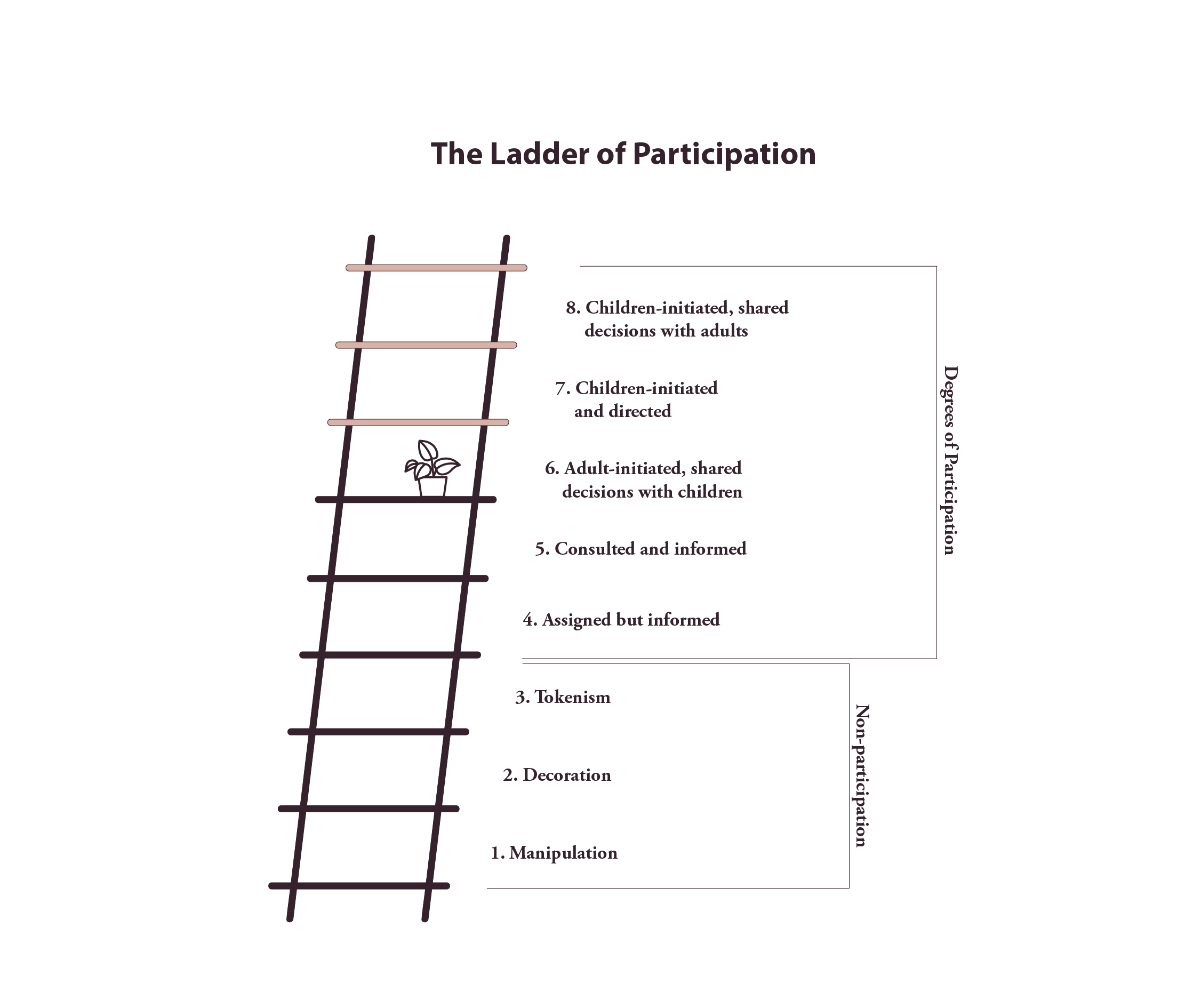
“I think we’ve learned, as it goes in the adult world, that we can’t do whatever we want; that we’ll paint some lines on the road, and that’ll be it; that’s not what the project is about. It’s important not to give up, even if someone tells us that, for example, it’s not going to work out or they’re going to ruin it; we need to move on, and if they ruin it, we need to try again. We had to learn how to write letters, how to approach people, and how to get funding. We had never communicated with the authorities before, and it was very interesting. And we finally put our maths into practice,” said the students involved in the Roots & Shoots Slovakia programme.
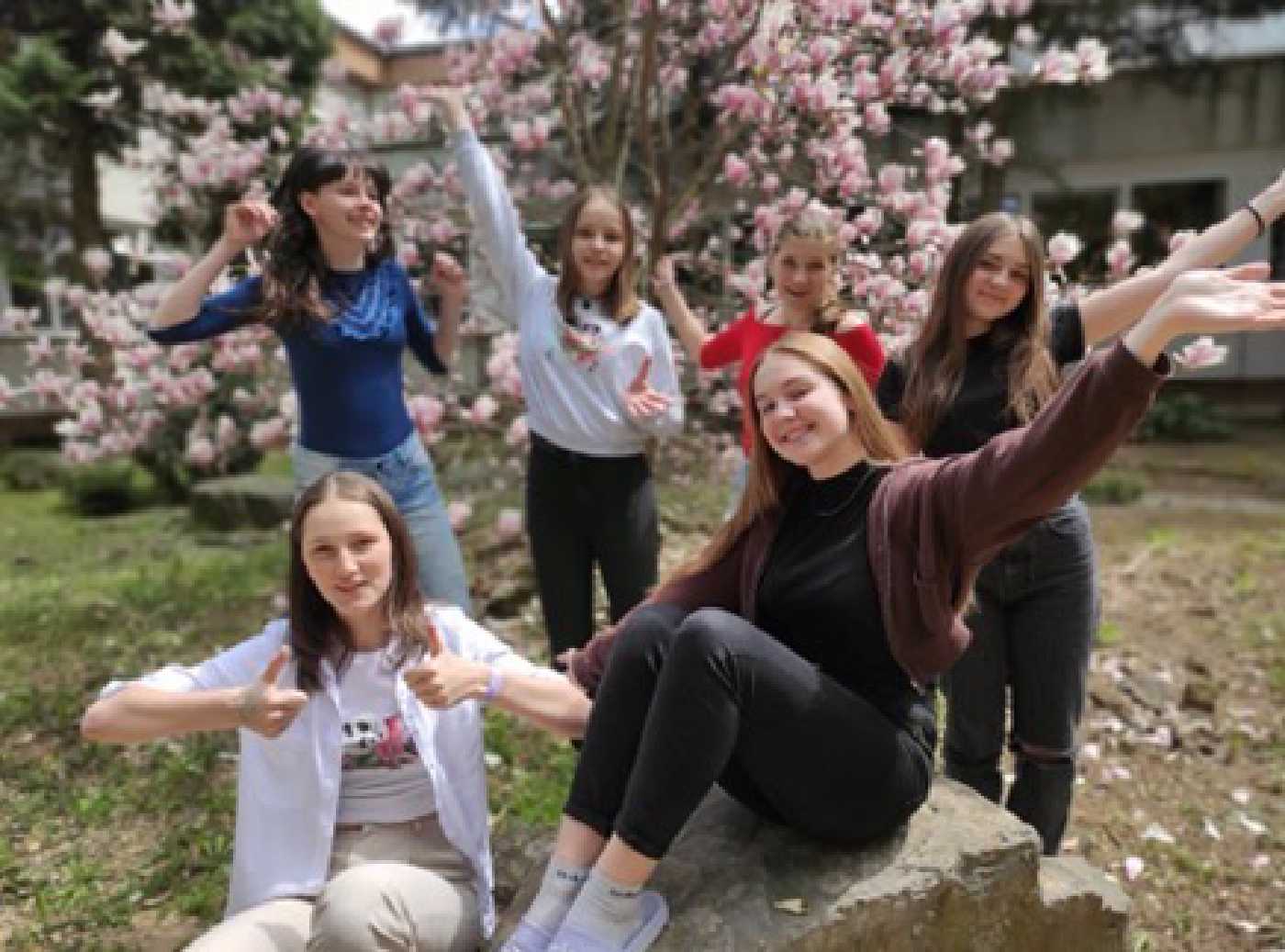
What will you learn in the article?
- You will find out how to encourage young people to take an interest in the place where they live.
- You will become familiar with the 4-step methodology, which is based on the principles of service learning (so-called community learning).
- You will learn how to facilitate students‘ community projects and involve young people in urban planning to bring sustainable solutions to local problems in communities.
- We will present successful examples of how young people have become compassionate leaders in their communities.
The purpose and objectives of the programme in the context of participatory approaches
Inspired by Jane Goodall’s Roots & Shoots global education programme, the Green Foundation has contributed a unique methodology, based on the principles of service learning, to Slovak schools which helps students develop competences for living in a sustainable society.
We can already see the essence of the Roots & Shoots programme in the name itself, which is meant to metaphorically convey the power of young people to change things for the better.
The main goal is to stimulate youths‘ interests in the environmental problems that surround them, and to lead them towards developing compassionate leadership skills so that they can create a better world through their actions. The programme enables students to develop key competences, e.g., strategic thinking, communication skills, problem-solving, and collaboration, etc.
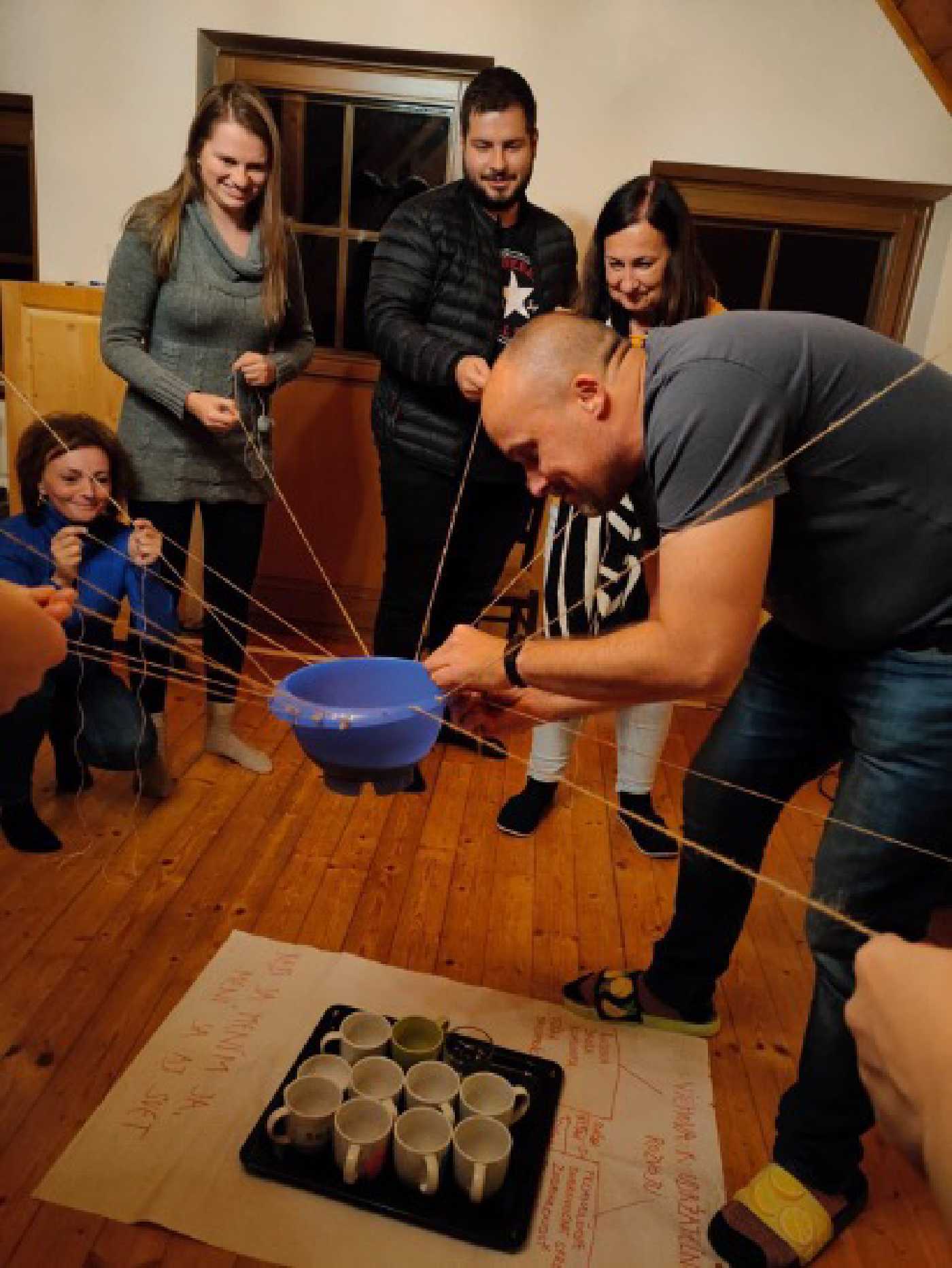
The basic challenge of the programme is to translate the students’ knowledge and experience in each subject into a project that will make a real difference to the local community. Students will learn to identify selected key issues in their community and deliver solutions in-line with the Sustainable Development Goals (Agenda 2030). They will collaborate with the local Government, and involve businesses, institutions, parents, neighbours, and friends in their projects.
Teachers also play a key role as facilitators who guide student groups on their way through the project; they lead discussions with students by asking them for their opinions and, if necessary, trying to guide them to the right solution. They create a comfortable and safe environment where there is room for self-realisation, reflection, and individual problem-solving.
Important pillars and ingredients of the programme
The Green Foundation provides all projects and activities free of charge to all registered schools in Slovakia. The intensive support offered to all registered schools during their first year of participation is built on three main pillars:
- methodological support (a methodological manual with activities and other necessary materials);
- financial support (mini-grants for all successfully defended student projects); and
- coordination support (regular consultations with educators, linking schools and municipalities, companies, experts, and other possible local partners).
In the first year, regular consultations with teachers take place in schools. The introduction of the programme methodology consists of four steps, which are implemented gradually throughout the school year.
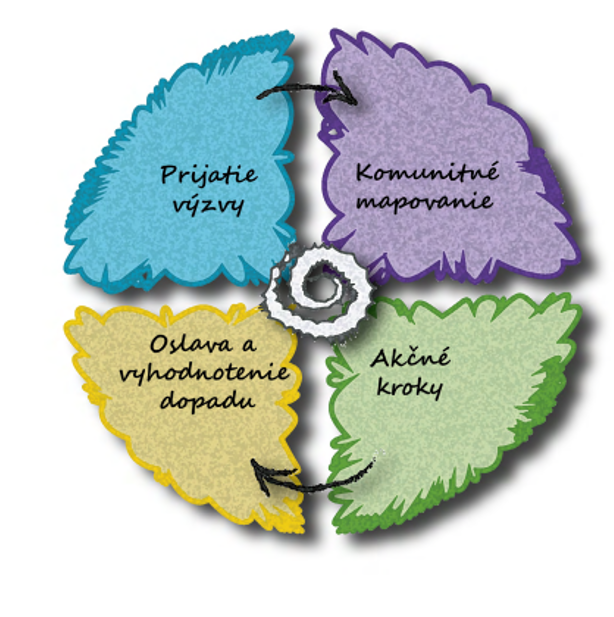
The methodology of the programme, consisting of 4 steps:
- Acceptance of the challenge: To begin, students are introduced to the content of the programme. They will learn about the Sustainable Development Goals (SDGs) and how they can play a part in making a positive difference in the world by attending a lesson on the story of Dr Jane Goodall (British primatologist, founder of the programme). Through practical exercises, they will prepare themselves for the different situations they may encounter when dealing with problems in their environment.
- Community mapping: The first step is followed by a process of a community mapping of the locality, on the basis of which the students themselves define the main problems of their neighbourhood and democratically vote on which problem to address in their town (village). They are free to choose the topic of their projects, but the topic and activities must involve public benefit as a prerequisite.
- Action steps: Students are then divided into groups where they will work together on the specific tasks for their projects (public communication, information processing, budgeting, graphic design, etc.) and develop project plans. They will present these plans to a panel of experts (a representative of the GF, the relevant authority, and the local organisation) during the regional advocacy sessions (approximately half-way through the programme year). On the basis of a successful defence of their projects, the students will then receive a mini-grant of EUR 400 to put their proposed project into practice.
- Celebration and impact evaluation: This is followed by the actual implementation of the community project in collaboration with the local public, the local government (as appropriate), and experts. At the end, a community celebration is held for all those involved as a reward for the year-long effort. The final phase includes an evaluation of the year-long activity with the students and planning for future activities.
The overall process of project preparation and implementation is spread over a period of approximately 8-10 months, based on regular consultations with project coordinators, practitioners, as well as representatives from the relevant municipal or city authority.
In the second year (optional), student groups work on their original community projects (improving the quality of the projects in terms of materials and content) or work on new topics (in line with the Roots & Shoots methodology). Students take a crowdfunding course where they learn to create their own videos, articles, and online campaigns, enabling them to raise funds for their current and future projects.
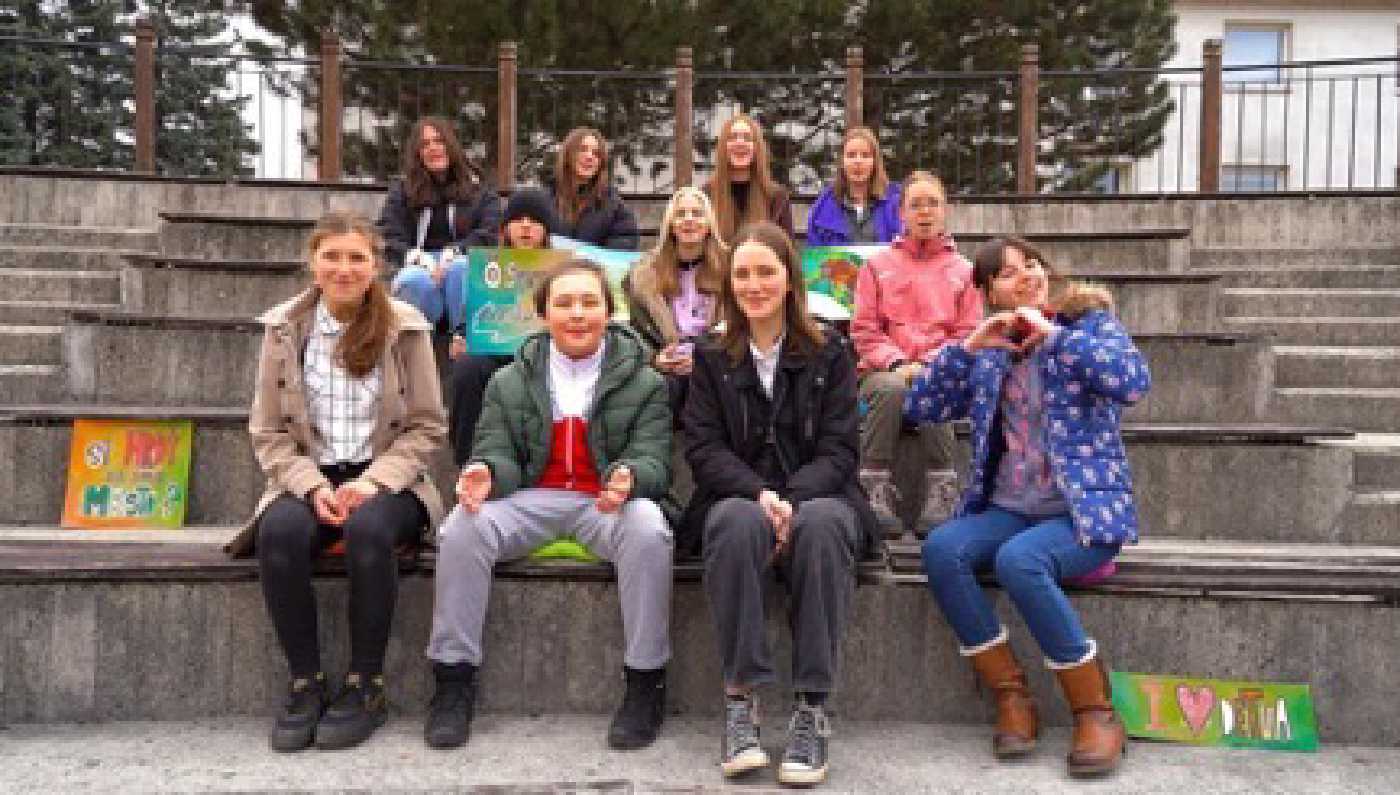
After completing the two-year Roots & Shoots course in Slovakia, schools are encouraged to continue to participate in the programme by offering regular educational activities for students and teachers, participating in individual Foundation projects, or offering a graduation module for the most active participants.
Risks encountered in the implementation of the programme
Risks affecting the Roots & Shoots programme are often related to higher teacher workloads. These are teachers who are progressive, proactive, inspiring, and bring new opportunities and perspectives to the school and students; and because of their enthusiasm and willingness to learn and teach others new methods and practices, they often fail to gauge their own capabilities and capacities. Due to some teachers‘ high workloads, it can happen that they fail to devote a sufficient amount of time and attention to the programme and the implementation itself. Projects based on the principles of service learning or community-based learning, such as the Roots & Shoots training programme, require sufficient time and space throughout the year. Often times, new educators to the programme expect to devote minimal time to a project and get a great result. Therefore, we try to eliminate this risk early in the programme by having initial consultations with the school leadership and the educators who will be leading the programme at the school to set the rules of collaboration so that the programme is tailored to the school and both parties have similar expectations.
A lack of time and attention has directly affected several projects. Misunderstandings can occur in a variety of areas: misunderstanding of methodology, communication with the public, or a lack of time in dealing with permits or processing information in later states. Preparing and analysing one’s own options in a timely manner is essential. In practice, we can cite several examples where the student team found out at the last minute that they would not receive permission for the project from the landowners, or the property had already received an approved permit for renovation from another project or local company/business that would then be undertaking the renovation instead. In both cases, the teacher and the coordinator with the student team did not have enough time to map their surroundings or another site from scratch. Despite the children’s initial interest in getting involved in the project, the students were left demotivated and disappointed. In such cases, the work of the programme coordinator is important, as it can be helpful in solving various problems; it provides a motivating and supportive element not only for the teachers themselves but also for the students.
Concrete impact on students’ competences
The Roots & Shoots programme in Slovakia gives students a great opportunity to become aware of several essential factors that we use every day to work together in different areas of our professional or private lives. The advantage of joining the programme is that it allows students to build different valuable skills from an early age. To plan and implement one’s own project is always a great challenge, and many hidden levels of learning therein and are part of the strategic competences that the programme seeks to develop. Working together and agreeing as a team, however, is perhaps the most fundamental. These types of learning processes don’t always have a nice, smooth flow of events. Problem-solving and conflict resolution is an integral part of any project in any sphere or size. The integration of the Roots & Shoots programme supports the ability to apply different problem-solving frameworks to complex issues of a global, but especially local sustainability and engagement. In the process, it develops thinking in terms of viable, inclusive, and equitable options; and, most importantly, it produces solutions that support sustainable development. Understanding how to work together, learn from others, and negotiate as a team therefore gradually becomes an integral part of everyday situations. Understanding, relating and being sensitive to others (i.e., compassionate leadership) is one of the pillars of the Roots & Shoots programme. The development of normative competencies promotes respect for the views, values, and needs of other team members. It is therefore important to know the tools to teach and encourage self-reflection and self-regulation of emotions. The Roots & Shoots methodology not only provides teachers and project coordinators with a specialised methodological manual full of tips and activities, but it also offers a two-phase training for teachers to learn how to develop students’ self-reflection, critical thinking, and information processing skills as well as how to integrate these competences. The culmination of the students’ project preparation is the communication and presentation of the joint project to the public. During the defence of their project to the expert evaluation committee, the student group should show how and on which community problems they have worked together. The presentation is also the result of rigorous preparation and development of digital skills and the use of online tools.
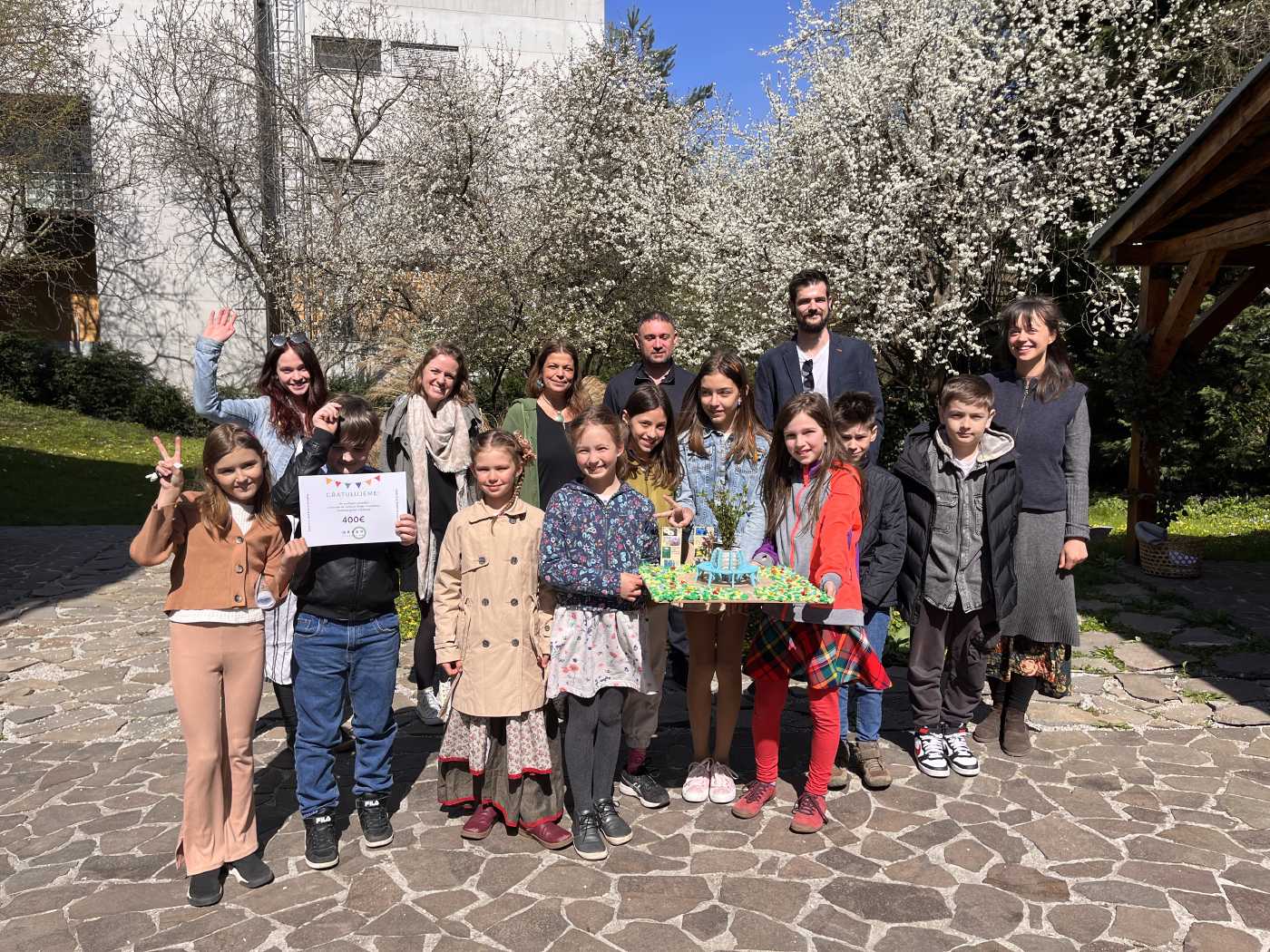
Impact on the school, local community
Within Roots & Shoots Slovakia, we often come across useful connections that the programme and the foundation actively supports. During the “Action Steps” phase, students can already meet with local government representatives, various experts (depending on the project topic), and other local partners with whom they can consult their short- and long-term goals. These representatives are also invited to the “Project Advocacy” itself. Many times this is where they are best able to join forces and raise the level of the project. Many schools have taken advantage of this helpful aspect so that the students, the school, the community, and the city can interact, and through their interests and actions, create a place for a better, more beautiful and quality life.
Community learning that has an impact on the school, the local community, and the local government is best illustrated through the two student community project examples below.
The František Hrušovský Primary School, Kláštor pod Znievom
Team Greens, project “Let’s go together to Zniev”
The Greens Team from the František Hrušovský Primary School in Kláštor pod Znievom wanted to help make Zniev Castle more visible by showing its beauty in the village. They also wanted to improve its accessibility and safety for visitors of all ages in all seasons and weather conditions. Perhaps most importantly, the students wanted to help save the Castle from disappearing.
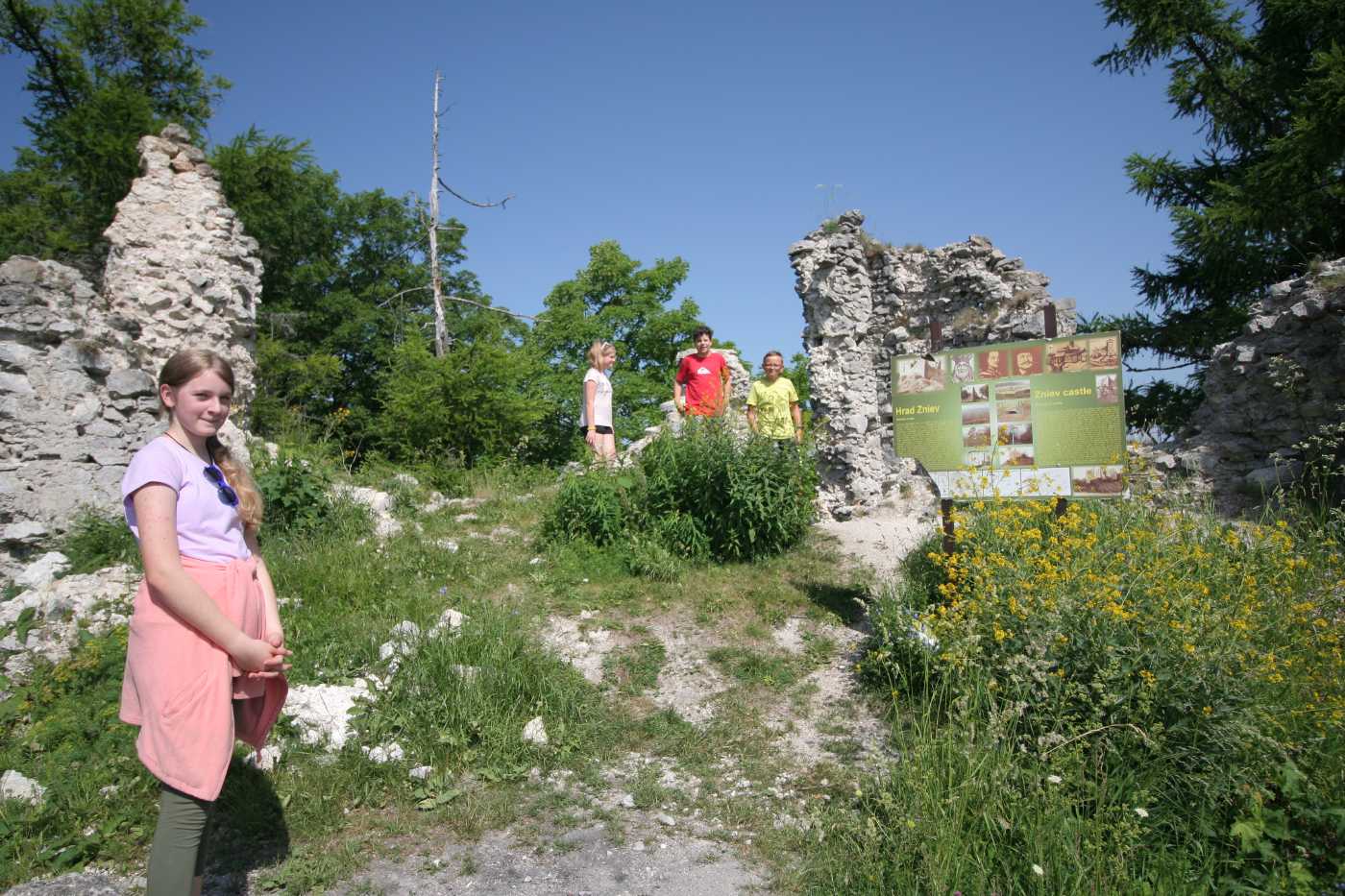
The student group tried to make the hiking trail to the Zniev Castle safer in selected places by installing safety chains or ropes. Thanks to a campaign on Startlab, they raised € 543 for their project. They dedicated their campaign to the name inscribed directly next to one of the rocks that ensures a safer climb to the Castle.
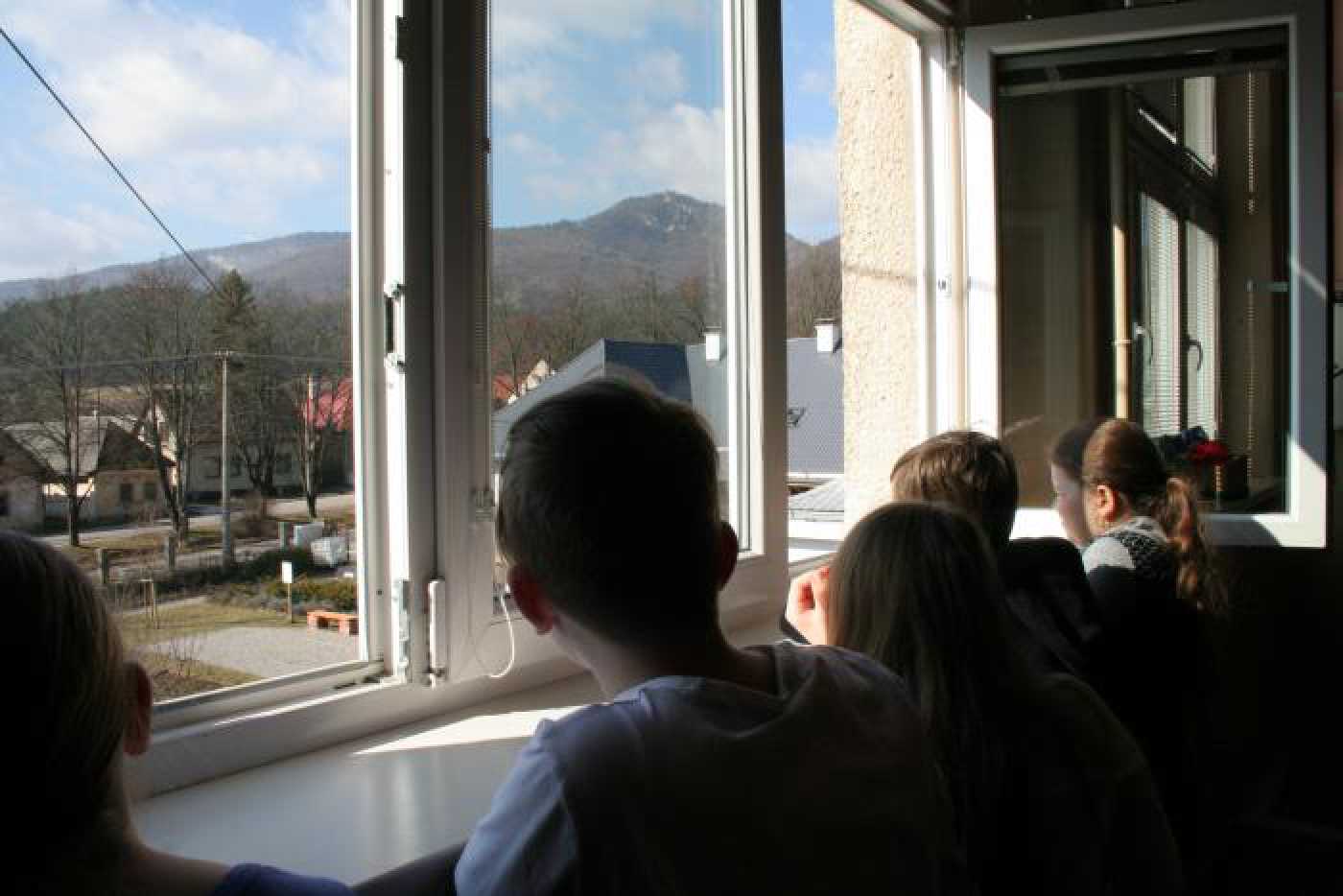
The Primary School & Kindergarten Matej Bel Funtík, Očová
Team Owls, project “Let’s save Tiki-Taka”
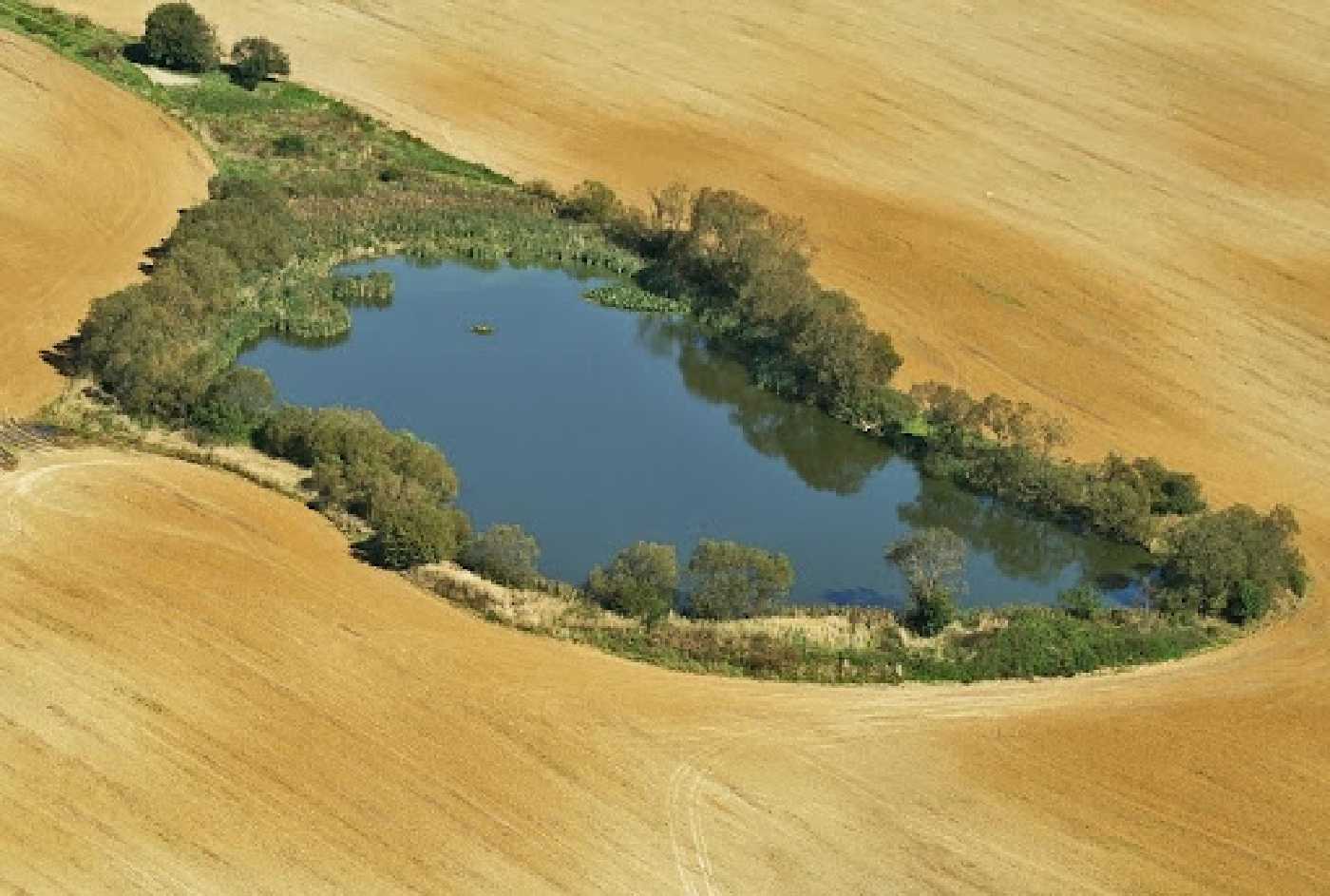
The intention of this project was to improve the surroundings of a lake known locally as Tiki-Taka near the village of Očová.
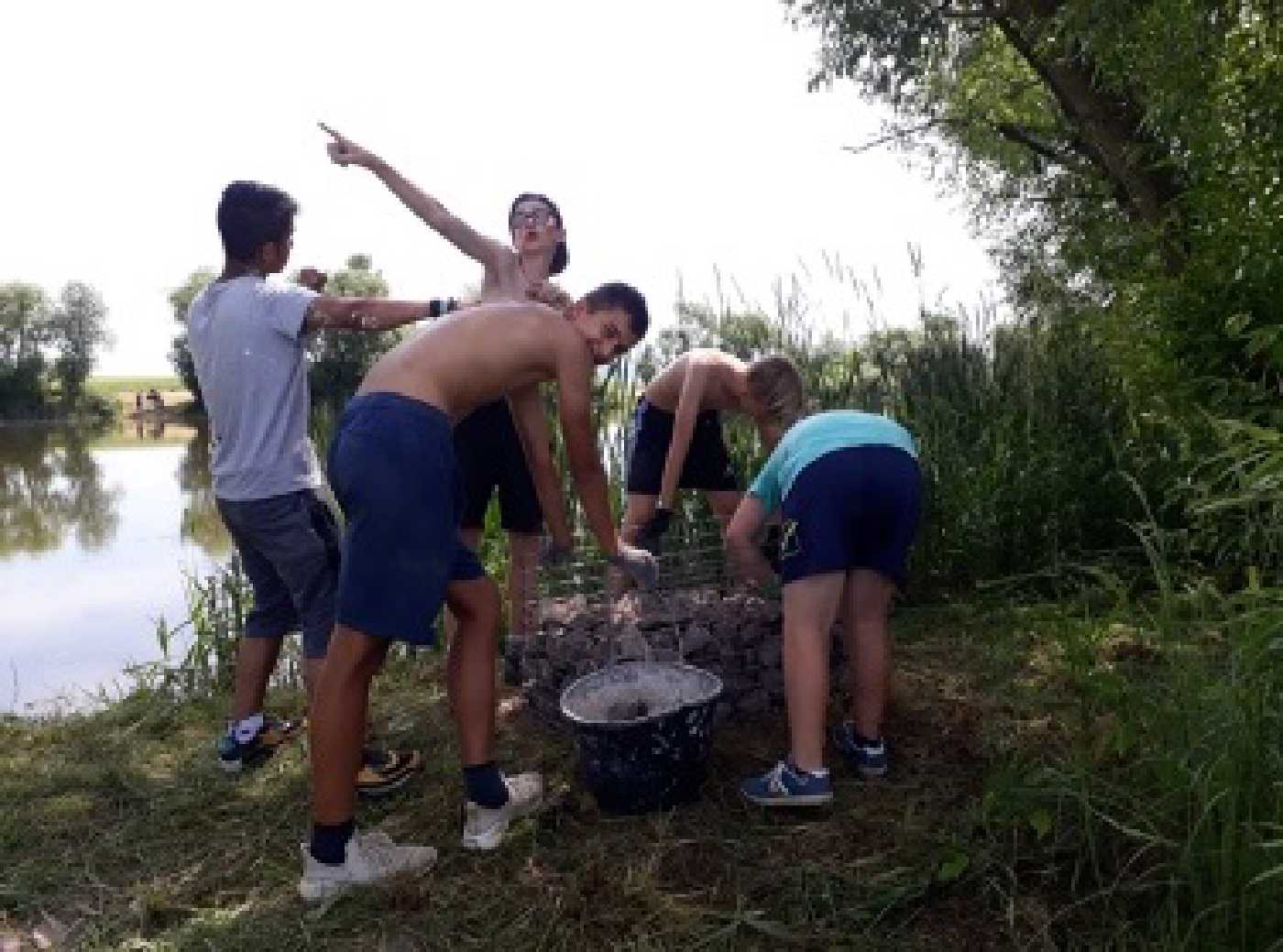
The “Let’s Save Tiki-Taka” project was initiated by the seventh grade students who frequently visited the pond (a former manure pit) throughout the year. They were bothered by the amount of rubbish around and the lack of a place to sit. This small lake is a popular recreational spot for the inhabitants of Očová, who go there to fish, skate, or just relax. The project was intended for all the inhabitants of the village of Očová and its visitors who like to spend time in nature; such an environment does not offend their senses and intellect, but rather stimulates their curiosity and deepens their knowledge.